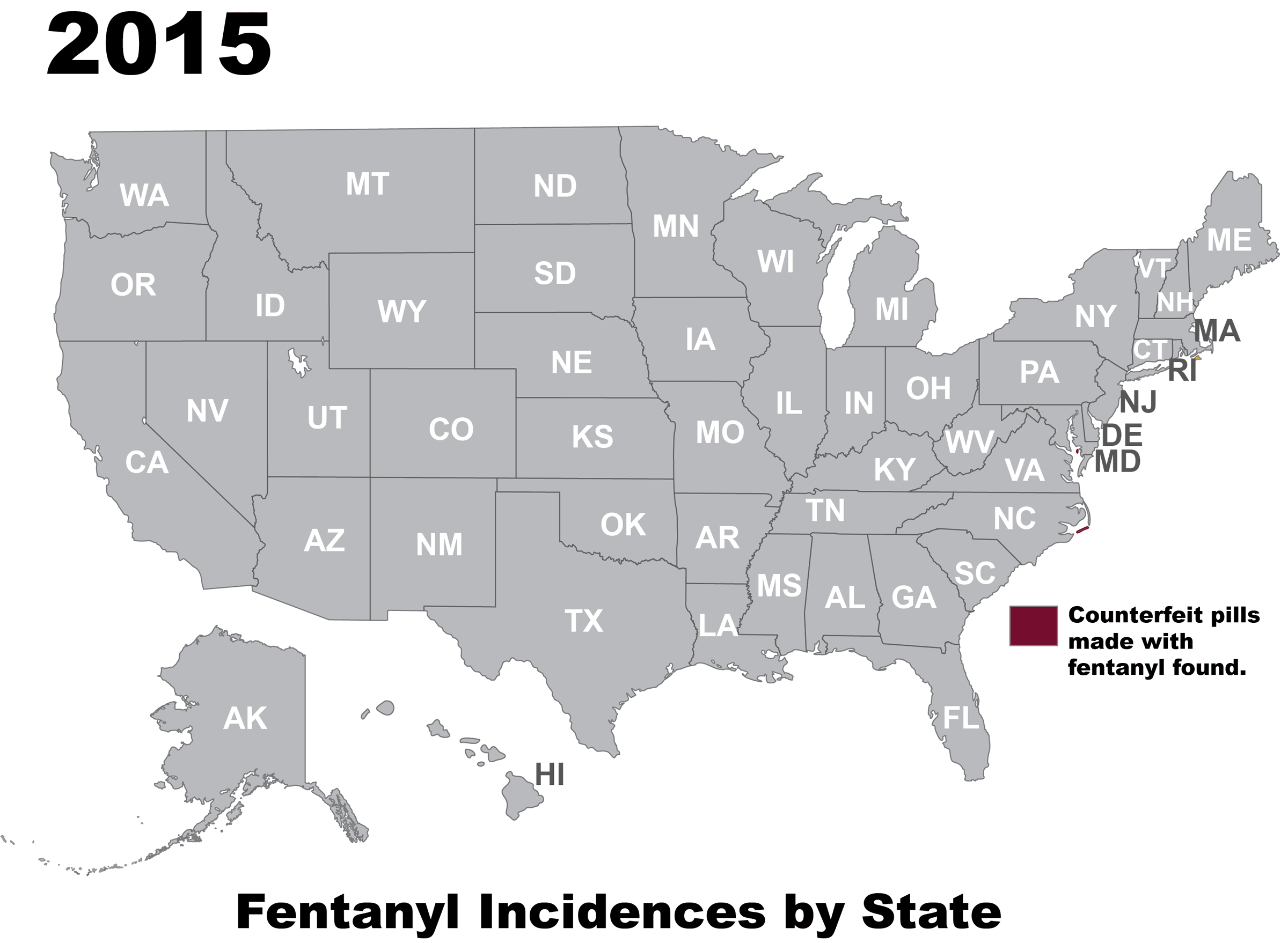Counterfeit Pills Made with Fentanyl Wreck Lives in Minnesota, Tennessee, Arizona and Connecticut – Ohio Senator Responds with Tougher Legislation
 The incidents involving counterfeit medicines show no signs of slowing in 2018, and although we do our best at PSM to keep you updated, with so many stories coming in from around the country, it is impossible for us to cover them all. Here are brief descriptions of five stories that we want to make sure you hear about:
The incidents involving counterfeit medicines show no signs of slowing in 2018, and although we do our best at PSM to keep you updated, with so many stories coming in from around the country, it is impossible for us to cover them all. Here are brief descriptions of five stories that we want to make sure you hear about:
WKBN First News reported that Ohio Senator Rob Portman says the bill signed this week providing additional funds to stop the importation of fentanyl into the U.S. needs support with other legislative changes. Senator Portman is pushing for the U.S. Postal Service to require electronic advanced data on all shipments from foreign countries. The Synthetics Trafficking & Overdose Prevention (STOP) Act would require that information, enabling Customs and Border Protection to better target potential illegal packages, keeping dangerous drugs like fentanyl out of the country.
KSTP reported that Sarah Doppler of Golden Valley, MN is facing a charge of third-degree murder for selling counterfeit pills to a man on July 19, 2017 who ended up overdosing later that same day. After eating dinner with his family, the victim went down into the basement, only for a family member to discover him unresponsive sometime later. Paramedics were unable to revive him. The remaining pills were tested by the police, and the results showed they contained fentanyl and U-47700. Doppler is in police custody. She faces up to 25 years in prison and/or a $40,000 fine.
News Channel 9 in Tennessee reported that the director of Tennessee’s Dangerous Drug Task Force Tommy Farmer said agents seized 12 counterfeit pill presses in 2017, more than ever before. Farmer warns that people buying pills on the street need to be careful of the huge market for fake painkillers. He said that “You can’t tell the difference,” between real pills and what is made illegally in these pill presses. Many are laced with fentanyl. “They press them in, make them look like them, color them and really throw whatever in them that they see fit,” said Farmer. “You don’t know what you’re getting. There is no quality control here.”
Tucson.com ran a story about two Phoenix-area women arrested at an Interstate 19 checkpoint in Amado, Arizona with packages of pills hidden in their clothing. The women were in a shuttle that U.S. Customs and Border Protection (CBP) referred for additional immigration inspection. In the CBP’s press release, the two women, ages 20 and 22, had four pounds of fentanyl and oxycodone on their persons. Agents turned the women, who are both U.S. citizens, and the drugs over to the Drug Enforcement Administration.
The U.S. Department of Justice announced Peter Ceplenski of Essex, Connecticut waived his right to be indicted and entered a guilty plea to one count of conspiracy to possess with intent to distribute oxycodone, methamphetamine, fentanyl, and alprazolam. He faces a maximum sentence of 20 years in federal prison and previously agreed to forfeit over $40,000.00 along with multiple laptops, iPads, and iPhones. Ceplenski admitted to shipping a quantity of fentanyl powder that he had acquired to another individual who could manufacture fake pills. The finished pills were then shipped back to him. When authorities tested the seized pills that Ceplenski thought contained fentanyl, they were found to contain no controlled substances. Two packages were seized after his arrest. One contained what Ceplenski believed were amphetamine pills but were actually methamphetamine. The second package, from Pakistan, contained 61 oxycodone tablets, but lab tests showed the pills were heroin. Ceplenski is scheduled to be sentenced on April 4, 2018. Assistant U.S. Attorney Robert M. Spector is prosecuting this case.